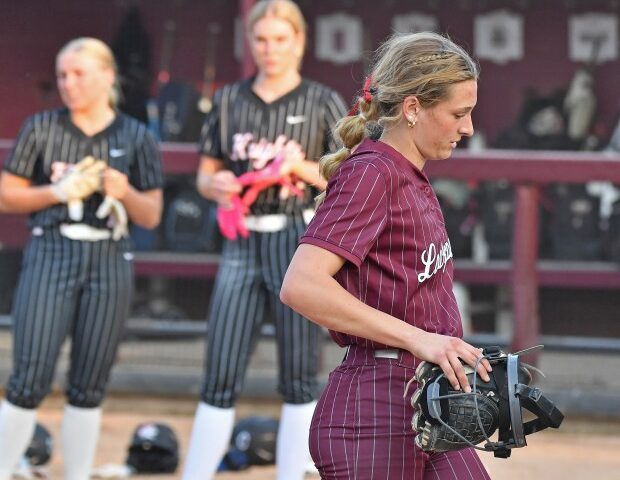Phoenix homeowner Patricia Harris appealed her property tax assessment after noticing inconsistencies on the online database with her home evaluations and those of her neighbors’ nearly identical homes.
After the Daily Southtown/Chicago Tribune reported her appeal was denied, the Cook County assessor’s office said some homes, including those of her neighbors, have multiple PIN numbers associated with them, leading to confusion around their assessments when property owners try to search by one of those numbers.
Harris, who owns a 1,375 square-foot home on Fifth Avenue, said despite the clarification, she remains outraged about the 450% jump in her taxes, which increased from $1,612 last year to $8,855 this year. She plans to appeal again, though it remains her chances for reassessment remain unclear.
The median bill in Phoenix nearly doubled, from $900 to $1,744, according to the Cook County treasurer. Overall, the treasurer’s report says south suburban median tax bills are rising by 19.9% compared with last year, the largest jump in the last 29 years.
“This is something that the assessor’s office should not be comfortable with,” Harris, who is also a Phoenix government official, said Thursday. “They should be offering some solutions, some options.”
Housing market growth, makeup for a COVID-19 era assessment reduction and tax burden shifts onto homeowners are among factors contributing to record-high property tax increases in the region, according to the county.
Those interested in looking at assessments for comparable properties can do so when they file an appeal through the assessor’s office, office spokesman Christian Belanger said. Appeals most likely to succeed are those where the characteristics for their property are incorrect, which may result in a property assessment that is too high.
Dale Childs, who also lives on Eighth Avenue in Phoenix with a slightly larger house than Harris, said she is holding down two jobs and “living off of credit cards” in part so she can pay her exorbitant taxes. According to the county treasurer’s office, this year’s $14,660 bill is 70% higher than what she paid when she first moved into the home in 2010.
“I’m devastated,” said Childs, whose appeal of her assessment was also denied. “Everything is going up but my salary. I’m like, why am I paying this much in property when the village has absolutely nothing to offer me?”
Both Childs and Harris expressed frustration about not feeling they are benefiting from the services that their taxes fund.
“We don’t have hardly anything,” Harris said. “We have to leave our community to go to the grocery store. We have to leave our community shop for just necessities, clothes, everything that’s being poured into other communities. That money doesn’t even come back to us.”
Belanger said high property taxes in communities with little commercial investment is common because of the county’s system of dividing a pre-set levy among the tax base.
The trend was exacerbated this year due to the Board of Review making cuts on appeal for commercial properties. Owners of these properties, including factories, stores or offices in the south suburbs, saw their median bill fall by about 8.5% year over year.
“This means that residential homeowners end up shouldering much of the property tax burden,” Belanger said.
Harris said after this year’s bill increase, she plans to “think very seriously about how I execute my vote going forward.” She said she hopes to see more people becoming politically involved and making their voices heard to elected officials.
“It’s a constant struggle,” Childs said. “It’s just hard to keep up, real hard, you know, it’s not an affluential community at all.”
ostevens@chicagotribune.com





